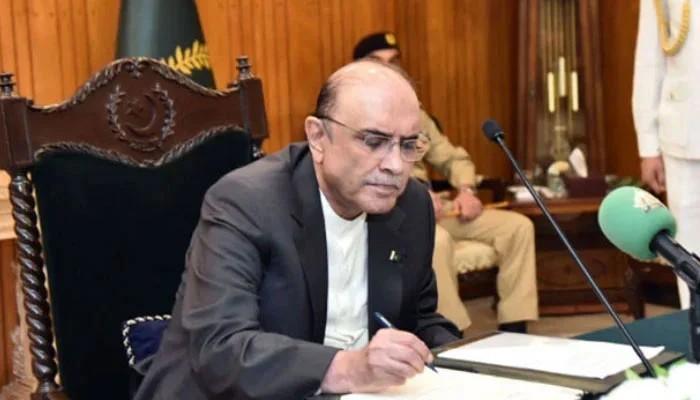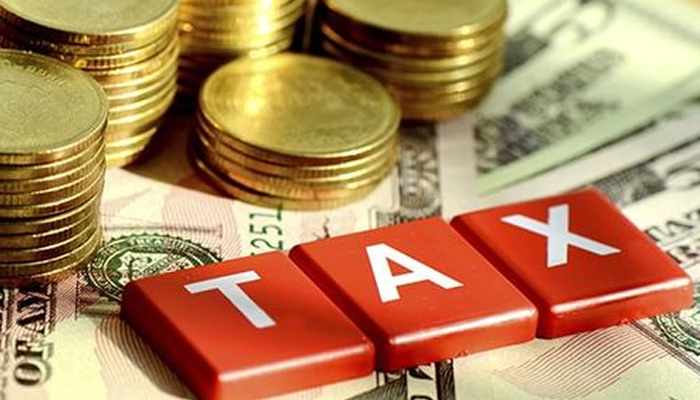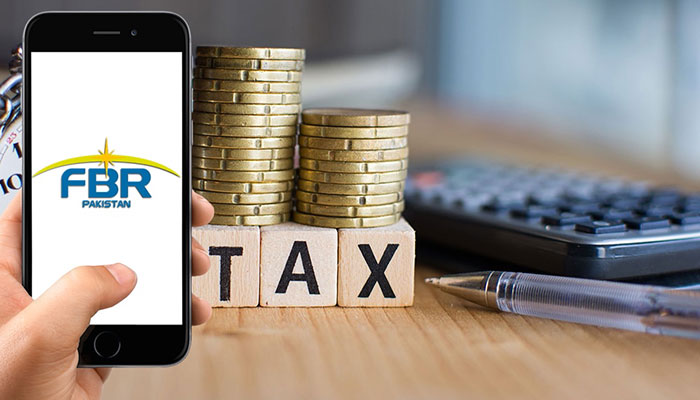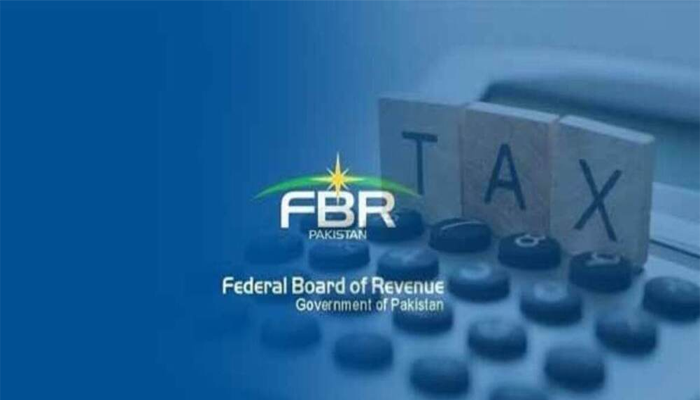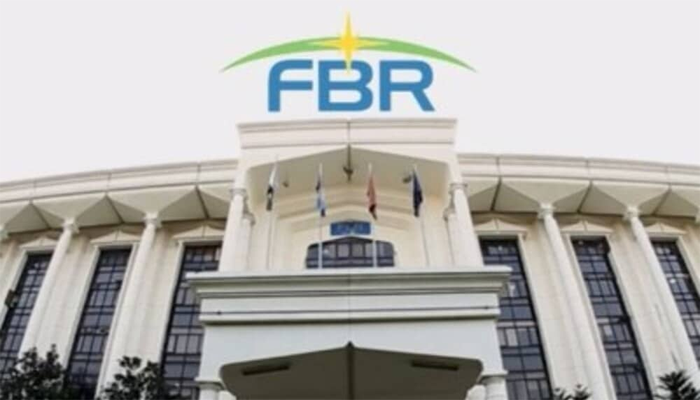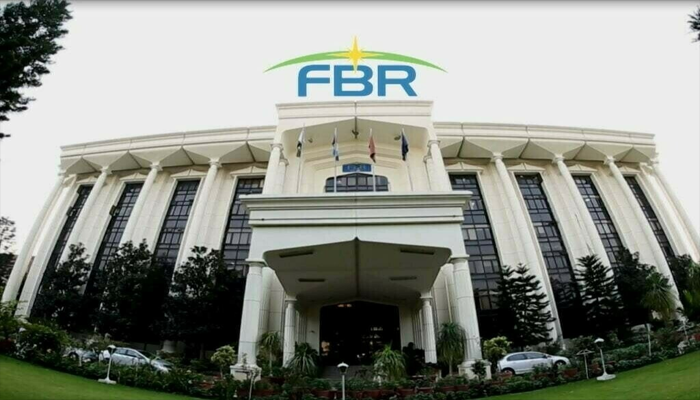ISLAMABAD,: In a significant move aimed at strengthening tax enforcement and boosting revenue collection, President Asif Ali Zardari has promulgated the Tax Laws (Amendment) Ordinance, 2025. The ordinance targets the recovery of billions of rupees in taxes tied up in litigation and enhances the monitoring capabilities of tax authorities.
According to The News, the ordinance empowers Inland Revenue officers to be stationed at business premises to monitor production, supply, services, and unsold stock. These officers will be authorized to collect taxes immediately after court verdicts, ensuring timely recovery of dues previously stalled in legal proceedings. The ordinance also grants provinces the authority to confiscate tax-evaded cigarettes.
This legislation comes in the backdrop of Pakistan’s agreement with the International Monetary Fund (IMF) to meet the Federal Board of Revenue’s (FBR) ambitious tax collection target of Rs12,332 billion by June 30, 2025.
Key amendments have been made to the Income Tax Ordinance, 2001, including the addition of Sections 138(3A) and 140(6A). These changes stipulate that tax payments become immediately enforceable following adjudication by superior courts, regardless of other legal provisions or previous rulings.
A major provision—Section 175C—authorizes Inland Revenue officers to be physically posted at business premises for real-time monitoring of production and services, particularly within the largely undocumented service sector. The FBR has operationalized this clause to plug tax leakages and improve documentation.
The law targets high-revenue, under-documented sectors such as restaurants, clinics, diagnostic labs, beauty parlours, hotels, marriage halls, courier services, gyms, clubs, foreign exchange dealers, and traders. The FBR noted that some private hospitals charge up to Rs200,000 per day for inpatient services yet underreport income to avoid taxation. Over 70% of service-sector entities remain unregistered, contributing to Pakistan’s sizable underground economy, which exceeds 30% of the formal GDP.
Amendments have also been introduced to the Federal Excise Act, 2005. Section 26 now includes unauthorised goods lacking official tax stamps or labels, while Section 27 targets counterfeit and unmarked goods. The FBR has been granted authority to delegate enforcement powers to federal and provincial officers to curb tax evasion.
The ordinance aims to promote equity in the tax system, shifting the burden away from salaried and compliant segments. The FBR stated that increased compliance from high-potential sectors could allow space to reduce personal income tax rates in the future.
President Zardari also promulgated three other ordinances ahead of Monday’s National Assembly session. These include the Federal Ministers and Ministers of State (Salaries, Allowances and Privileges) Amendment Ordinance, 2025; the CDA Amendment Ordinance, 2025; and the National Agri-Trade and Food Security Authority Ordinance, 2025.
The salaries ordinance aligns federal ministers’ pay with that of National Assembly members, effective January 1, 2025. The agri-trade ordinance establishes a new authority responsible for regulating food security standards, import-export guidelines, and lab testing, with provincial coordination.
The National Assembly is set to convene Monday at 5 PM. Under the Constitution, presidential ordinances may only be issued when Parliament is not in session.

